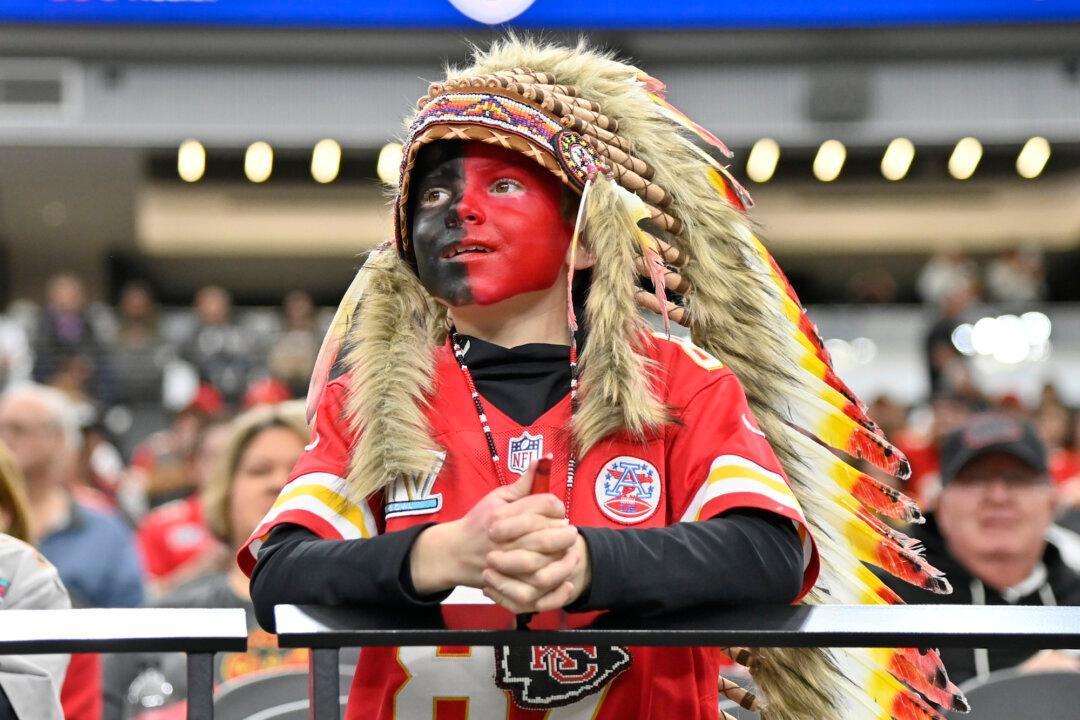A Delaware judge has refused to dismiss a defamation lawsuit against online sports magazine Deadspin over an article accusing a 9-year-old boy of wearing “blackface” to a football game.
In an Oct. 7 ruling, Judge Sean Lugg of the Superior Court of Delaware rejected Deadspin’s argument that the article in question was opinion and thus protected from defamation liability.





